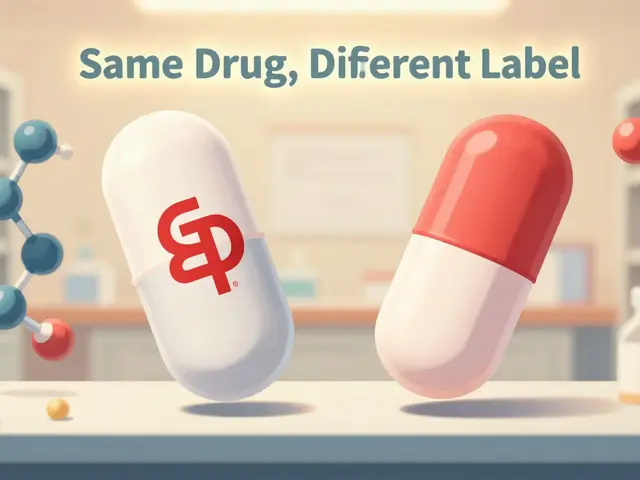Caffeine – What It Is, Why You Love It, and How to Use It Safely
If you reach for coffee, tea, or an energy drink each morning, you’re probably asking yourself why that boost feels so good. The answer is caffeine, a natural stimulant found in beans, leaves, and even chocolate. It works fast, waking up your brain and giving muscles a quick jolt of energy. Most people enjoy the perk without thinking about how much they’re actually taking.
How Caffeine Affects Your Body
Caffeine blocks a chemical called adenosine, which normally tells you to slow down and feel sleepy. When adenosine is blocked, dopamine and norepinephrine rise, making you alert and focused. That’s why a cup of coffee can turn a sluggish morning into a productive one. The effect shows up in about 15 minutes and can last anywhere from three to five hours, depending on your metabolism.
Besides the mental boost, caffeine also raises heart rate slightly and can increase blood pressure for a short time. Most healthy adults handle this well, but if you have heart problems or are sensitive to stimulants, even small amounts might cause jittery feelings or palpitations. It’s also a mild diuretic, meaning it makes you pee a bit more, so stay hydrated.
Practical Tips for Safe Caffeine Use
The sweet spot for most adults is 200‑400 mg per day – roughly two to four cups of brewed coffee. Going beyond that can lead to insomnia, anxiety, or digestive upset. If you notice a crash later in the day, try cutting back on late‑afternoon caffeine and switch to water or herbal tea.
Pregnant people should aim for no more than 200 mg daily because higher intake has been linked to low birth weight. Teens are advised to keep their caffeine under 100 mg a day – about one soda or half a coffee.
When you’re trying to cut back, replace high‑caffeine drinks with lower‑caffeine options like green tea or decaf coffee. Gradual reduction helps avoid withdrawal headaches and keeps your routine smooth.
Remember that caffeine is hidden in many foods: chocolate, certain pain relievers, and even some weight‑loss pills. Check labels if you’re counting every milligram.
Bottom line: caffeine can be a handy ally for focus and energy when used responsibly. Know your limits, listen to how your body reacts, and adjust the amount to fit your lifestyle. With these simple habits, you’ll enjoy the boost without the downsides.
Yerba Mate Benefits: Evidence‑Based Guide to This Dietary Supplement
What yerba mate actually does, how to use it safely, who should avoid it, and the science behind the buzz. Clear steps, checklists, and practical tips.


